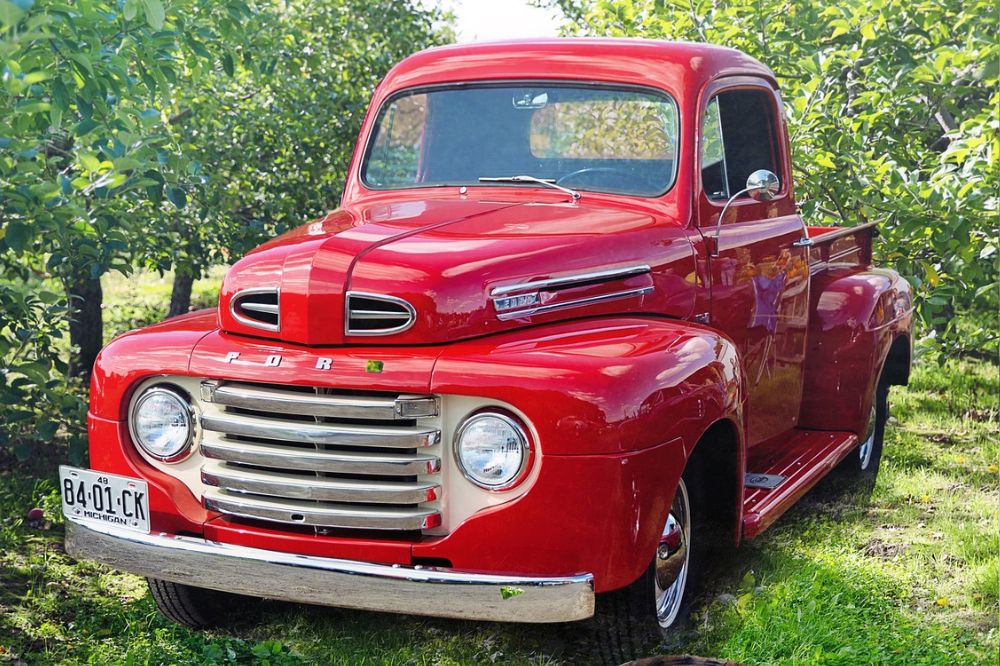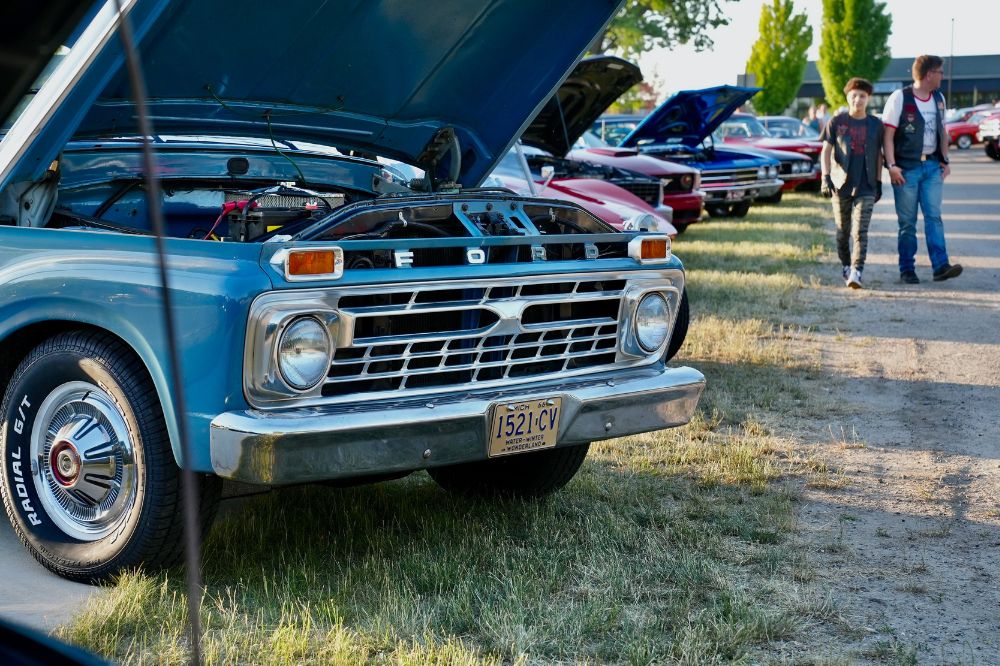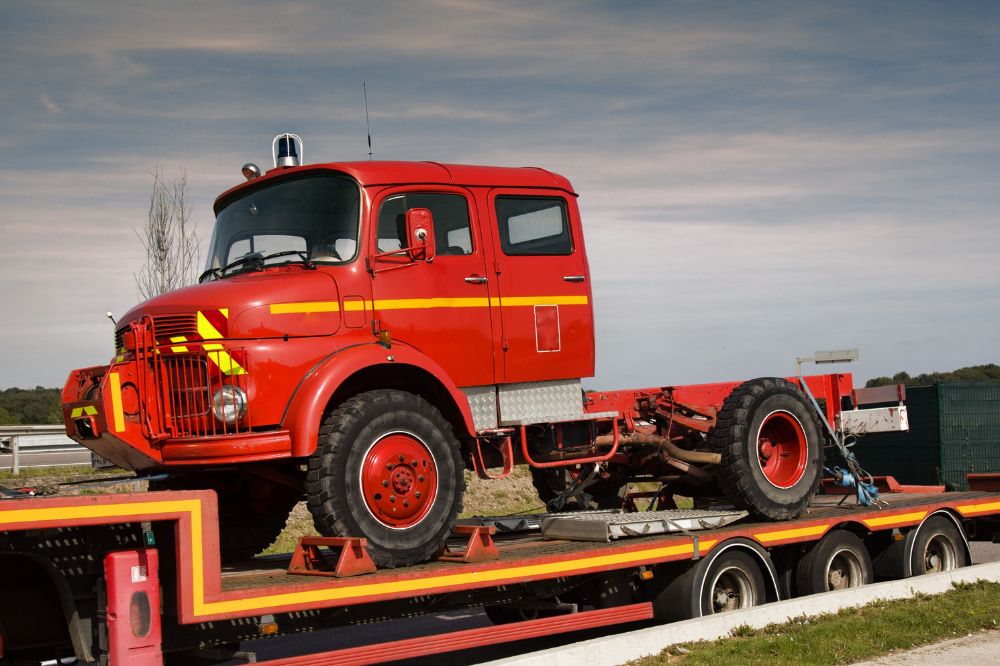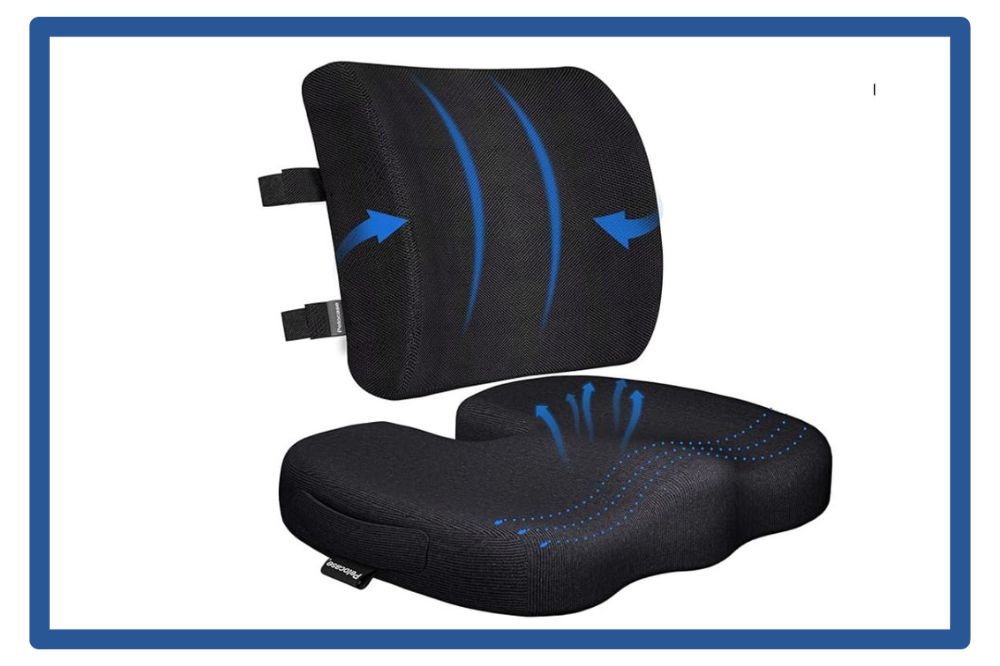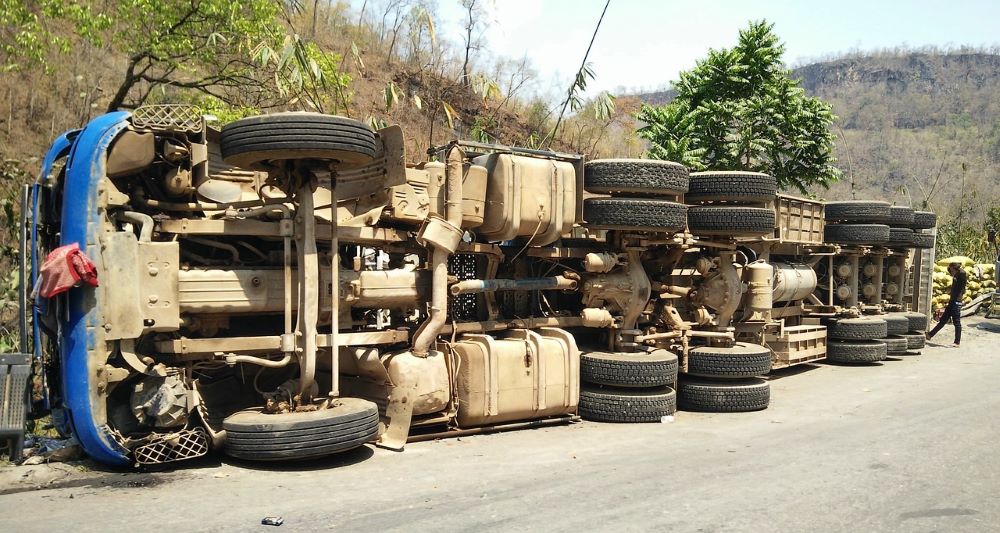
A commercial truck driving job typically involves operating large vehicles to transport goods, materials, or freight as part of a business operation. If you’re thinking about starting a career in the trucking industry, this guide will help you pick a path that fits your life.
We break down seven types of commercial truck driving jobs, including freight-based roles like dry van, reefer, flatbed, and tanker, plus route-based options like local, regional, and over-the-road (OTR).
You’ll get a clearer view of what the work looks like day to day, what schedule to expect, and what training or endorsements may matter before you apply.
7 Types Of Commercial Truck Driving Jobs
There are several types of trucking jobs based on the:
- type of truck you can drive
- type of goods you transport
- number of miles you travel
The commercial driver’s license (CDL) you hold or are planning to get will also dictate what types of trucking jobs you qualify for.
You can choose from three commercial driver’s licenses: Class A, B, and C CDL.
CDL A allows drivers to operate large semi-trucks with trailers, weighing over 26,000 pounds, plus a trailer over 10,000 pounds.
CDL B permits operation of a single vehicle over 26,000 pounds or a vehicle towing a trailer under 10,000 pounds GVWR.
CDL C is for small vehicles, often transporting hazardous materials, and can include driving other vehicle combinations with proper endorsements.

Dry Van Truck Driver
Dry van truck drivers haul boxed or palletized freight that does not require temperature control. This is one of the most common roles in the trucking industry and often the starting point for many drivers.
Day to day, dry van drivers run scheduled routes, manage dock appointments, and handle either drop-and-hook trailers or live loads. Routes may be long-haul or regional, depending on the carrier and freight network.
Most dry van jobs require a CDL A; additional endorsements are rarely needed. Because the freight is straightforward, many trucking companies allow new drivers to start here.
This role is best for drivers who want steady work and broad job availability.
Reefer Truck Driver
Reefer commercial truck drivers transport refrigerated freight, such as food and medical supplies, as well as other temperature-sensitive cargo. The trailer requires constant monitoring to protect the load.
Daily work includes checking temperature settings, verifying paperwork, and managing tighter delivery windows. Wait times at shippers and receivers can be longer, especially at food distribution centers.
You need a CDL A, and experience helps because carriers expect drivers to manage time-sensitive freight responsibly.
This job is best for drivers who are detail-oriented and comfortable with stricter schedules.
Flatbed Truck Driver
Flatbed drivers haul cargo that is not enclosed, including construction materials or machinery. The freight is visible and requires careful handling.
The day often involves securing loads with straps or chains and tarping when required. Work is more physical, and weather conditions play a larger role than in enclosed trailer jobs because the cargo is exposed to the elements.
A CDL A is required. While endorsements are not always mandatory, carriers value securement experience.
This role is best for drivers who prefer hands-on work and physical activity.
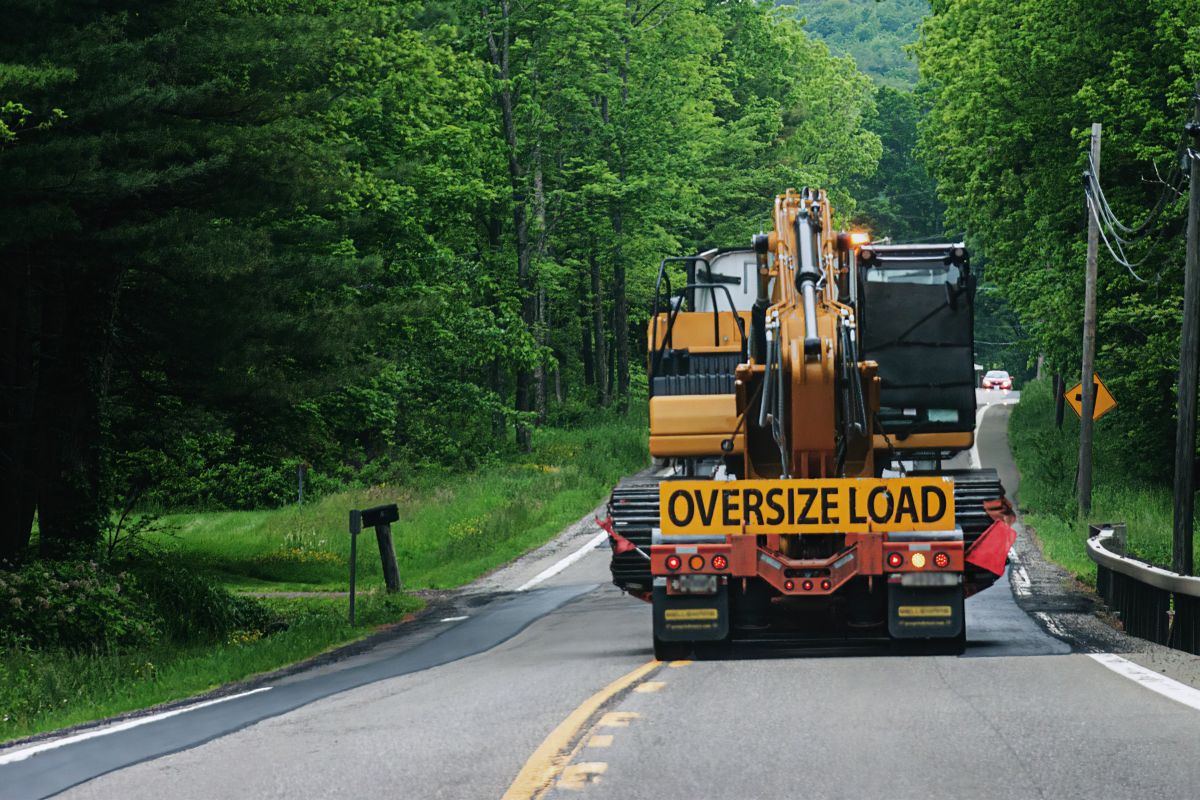
Tanker Truck Driver
Tanker truck drivers transport liquid freight, including fuel, chemicals, food-grade liquids, and other bulk fluids. Because liquid cargo moves inside the tank, braking distances are longer and turns require smoother, more controlled handling – especially when hauling partial loads.
Some tanker roles involve hazardous materials, including fuel, chemicals, or other regulated substances. These loads require stricter safety procedures, precise documentation, and full compliance with federal and state regulations, since mistakes can pose serious safety and environmental risks.
Daily work includes following exact loading and unloading protocols, monitoring surge while driving, and maintaining a strong safety record. Routes may be local or long-haul depending on the product and customer.
Most tanker jobs require a CDL A with a tanker endorsement. Hazmat loads additionally require a hazmat endorsement and background checks.
This role is best for drivers who prioritize safety and controlled driving – as well as those who want to earn more and are comfortable operating under higher compliance standards.
Over-The-Road (OTR) Truck Driver
OTR truck drivers operate across the country, often traveling long distances between pickup and delivery points. Routes regularly cross state lines.
Drivers may stay on the road for weeks at a time, with dispatch assigning freight based on availability rather than geography. Home time is limited, but miles are consistent.
A CDL A is required, and experience improves route flexibility and pay potential.
Because of the long hours, this position is best for drivers focused on maximizing miles and income.
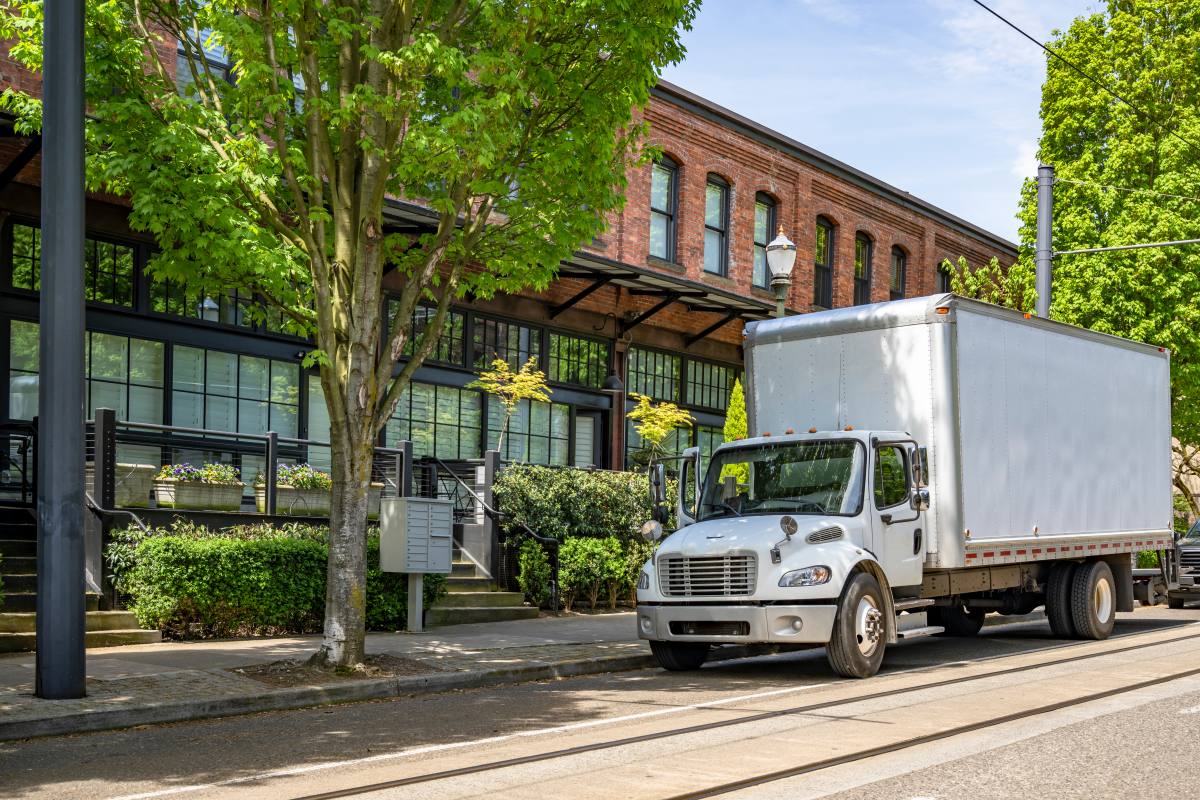
Regional Truck Driver
Regional drivers operate within a defined area of the country, usually covering several neighboring states. Freight patterns are more predictable than OTR.
Drivers typically stay out for several days before returning home, often on a weekly schedule. Routes are shorter than long-haul but still cover significant distances. So, while it is more predictable, it still involves long hours on the road.
Companies require a CDL A, and often prefer some prior experience.
This role is best for drivers who want a balance between mileage and home time.
Local Truck Driver
Local truck drivers operate close to their home base, running short routes with frequent stops. Freight may include deliveries to stores, warehouses, or job sites.
Workdays often involve city traffic, strict dock times, smaller urban roads, and physical tasks such as unloading. Drivers usually return home daily, but shifts can be long and physically demanding.
Depending on the vehicle, a CDL A or CDL B may be required. Straight trucks usually fall under CDL B, while combination vehicles or trucks pulling heavier trailers require CDL A.
Being a local truck driver is a good option if you have a routine schedule and want to go home every day.
What To Look At Before You Pick A Driving Job
Before choosing among different types of commercial truck driving jobs, look at:
-
- Home time expectations: “Home weekly” can still move around based on freight, appointments, and dispatch. Ask what a normal week looks like, what happens when loads run late, and whether you’re more likely to reset at home or on the road.
- Physical demands: Flatbed can mean securement and tarping, local work can mean multiple stops and unloading, and reefer can mean more dock time. Don’t just picture driving, picture what you’ll do after you park.
- Route predictability: Some lanes stay consistent week to week, while others change based on season, contract freight, or customer volume. Regional or local routes often feel steadier than long-haul trucking, but the day can still run long.
- Equipment type and cargo rules: Dry van freight is usually simpler; reefers require temperature checks and tighter windows; and tankers or hazmat require safety standards and higher compliance.
- Pay structure: Strong pay per mile doesn’t help if you sit at docks or lose runs to short loads. Ask how detention is handled and whether loads are drop-and-hook or live load.
- Long-term growth opportunities: Some roles help you build clean experience fast, while others require proven safety performance before you qualify.
For a clearer picture of what day-to-day life really looks like, familiarize yourself with the average life of a truck driver. Lifestyle fit matters as much as pay.

Which Truck Driving Jobs Are Best For New CDL Drivers?
If you’re new, you want a lane that helps you build steady miles and a clean experience record without stacking too many variables at once. These are strong entry paths:
- Delivery driver: Local delivery driver jobs help you build experience with routing and logistics while showing employers you understand how goods move.
- Dry van trucking: Common freight, simpler cargo rules, and lots of openings with major carriers.
- Regional routes: Shorter lanes than long haul and home time that’s easier to plan around.
- Local delivery and straight-truck roles: You build confidence fast with repeated routes, but expect more physical work.
- Construction-adjacent hauling: Often local and often Class B; a practical fit if you want to stay close to home.
Do You Need Endorsements For Commercial Truck Driving Jobs?
Some trucking jobs require endorsements beyond your CDL license. Use this as general guidance, then verify what your carrier and state require.
- Dry van truck driver: No endorsement required.
- Reefer truck driver: In most cases, you don’t need an endorsement.
- Flatbed truck driver: Usually no endorsement required, but securement skills matter.
- Tanker truck driver: A tanker endorsement is typically required.
- Hazmat truck driver: Hazmat endorsement and background checks are required.
- Fuel hauling: Many roles require both tanker and hazmat endorsements.
Conclusion
You can build a solid career in the trucking industry, but you’ll make better money and protect your home time when you pick a lane that fits your life.
Start by choosing the work you can run consistently, then add skills over time through experience and endorsements, such as tanker or hazmat.
If you’re still deciding where to start, use our step-by-step guide on how to become a semi-truck driver to map out your next move.
When you’re ready to step into owner-operator work and buy your own truck, reach out to Mission Financial Services. We offer customized commercial vehicle and semi-truck loans to help you finance new or used semi-truck purchases. Start your credit application today.





